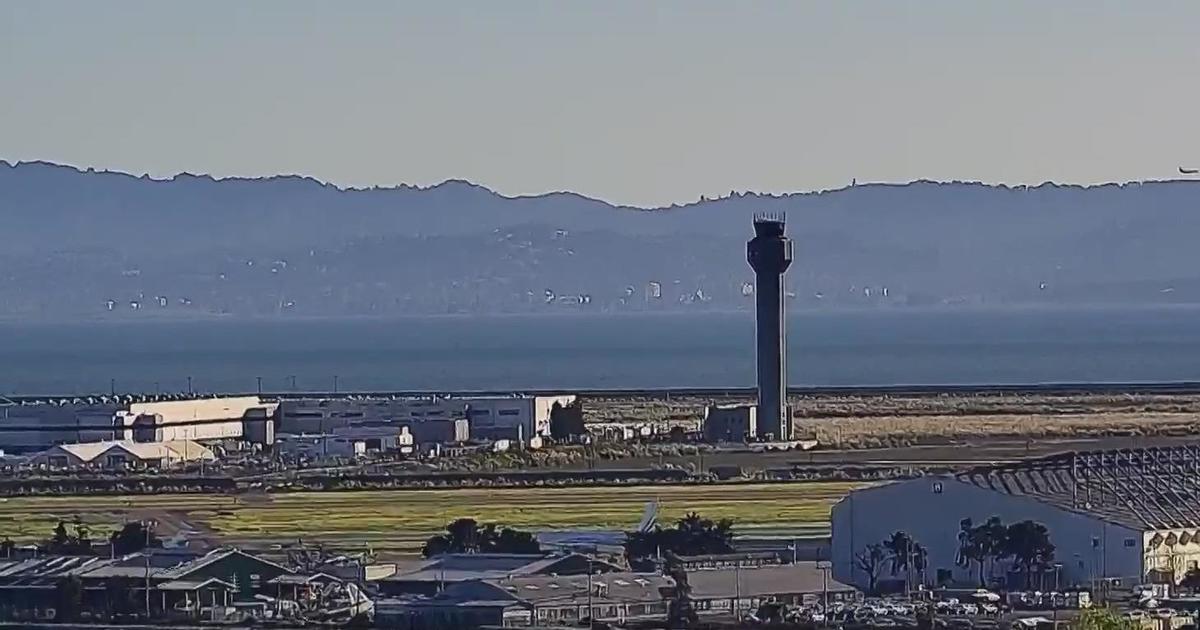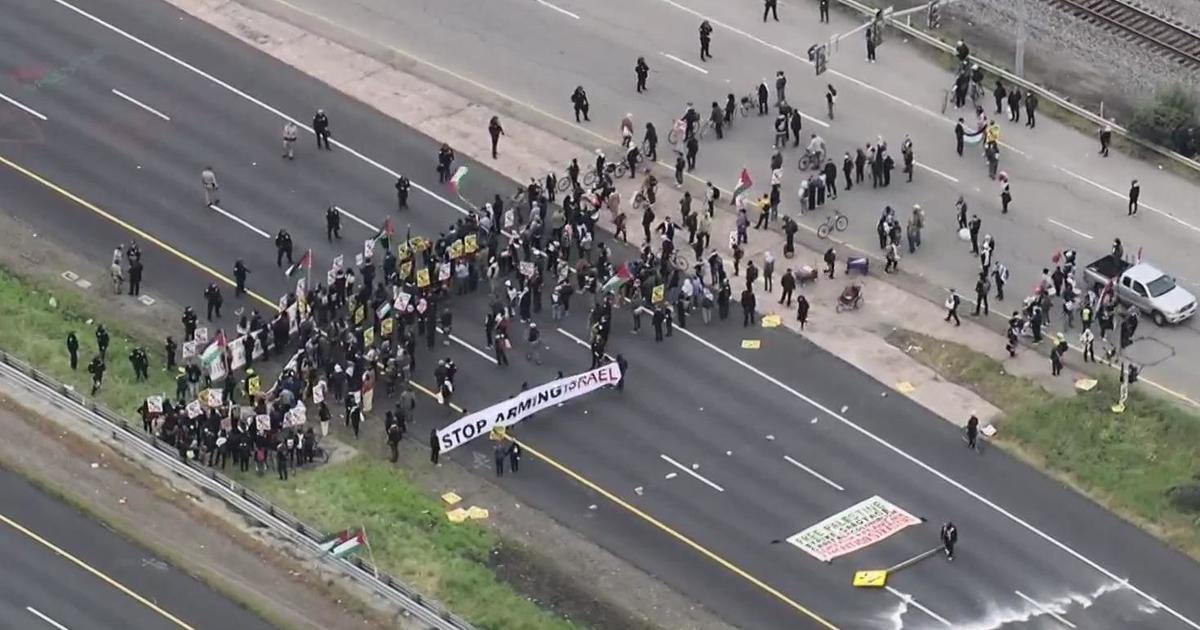1980's Movement At UC Berkeley Built Anti-Apartheid Momentum
SAN FRANCISCO (KCBS) — Before Nelson Mandela packed the Oakland Coliseum during a 1990 tour, students at UC Berkeley had for years been staging protests over Mandela's imprisonment and led the charge for an international movement to end apartheid.
In 1985 Pedro Noguera was student body president, a few months prior, the campus had commemorated the twenty-year anniversary of the Free Speech Movement and students were wondering what their legacy was going to be when the anti-apartheid protests took off.
UC Berkeley Students Led Charge in U.S. For Mandela Release From Prison
Mandela, Noguera said, seemed so far removed at the time.
"He was an iconic but mythical figure because he had been in prison for so long," he said
"I remember thinking 'it would be great if he came out' but no one really thought that he would come out. We couldn't really see the end at that time, that the apartheid government would fall—much less that they would negotiate a transfer of power peacefully."
Now a professor of education at New York University, Noguera recalls UC having over $4 billion in South African-related investments.
"Often in these kinds of movements you don't win, and we actually won. We got the University to divest, eventually in 1988, and that was just before Mandela was released from prison and the election that brought him to the presidency," he said.
Noguera said he was arrested at least three times during his tenure as student body president in 1985 at anti-apartheid protests that eventually grew to 10,000 students in April of that year.
(Copyright 2013 by CBS San Francisco. All Rights Reserved. This material may not be published, broadcast, rewritten, or redistributed.)



